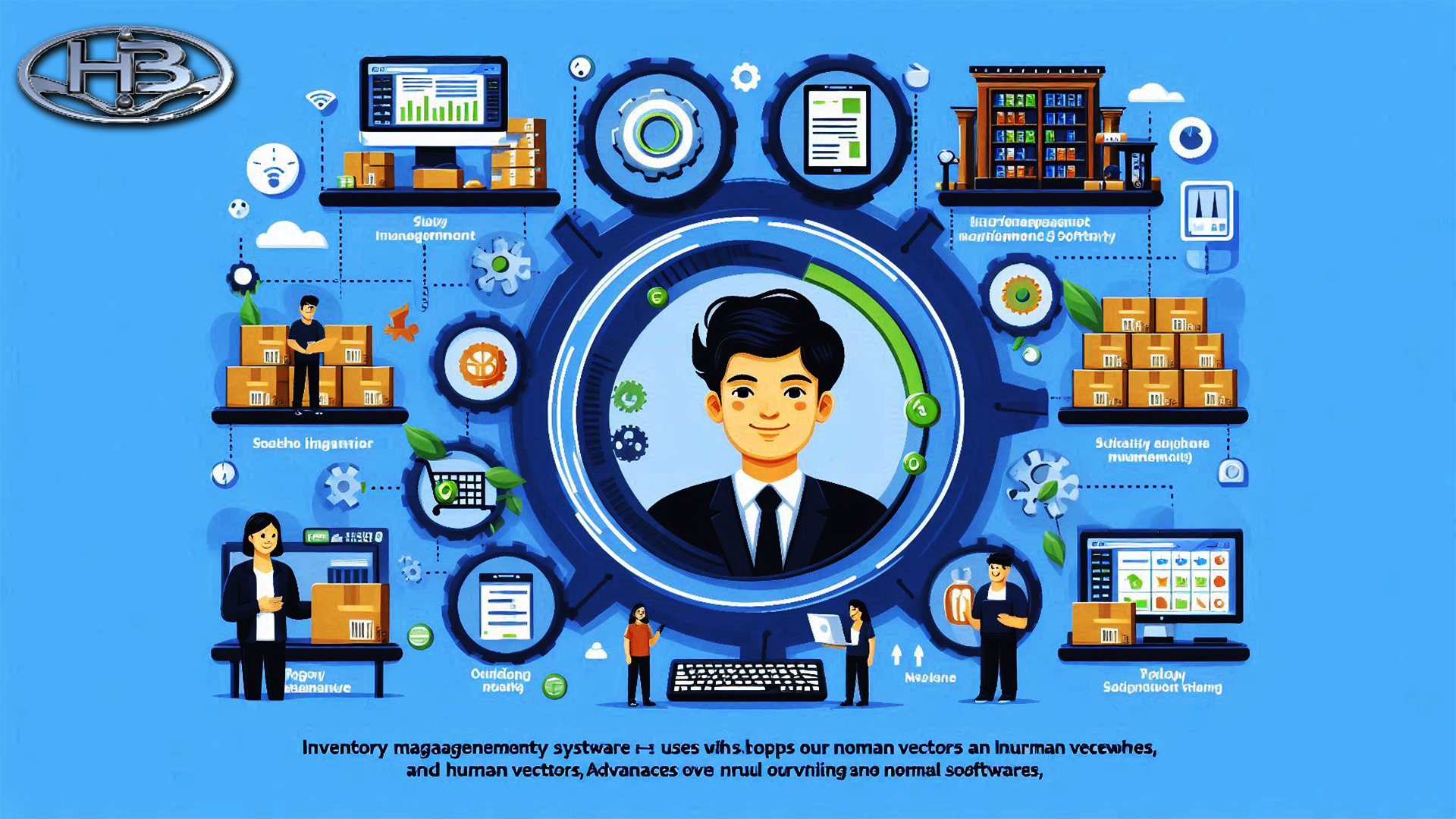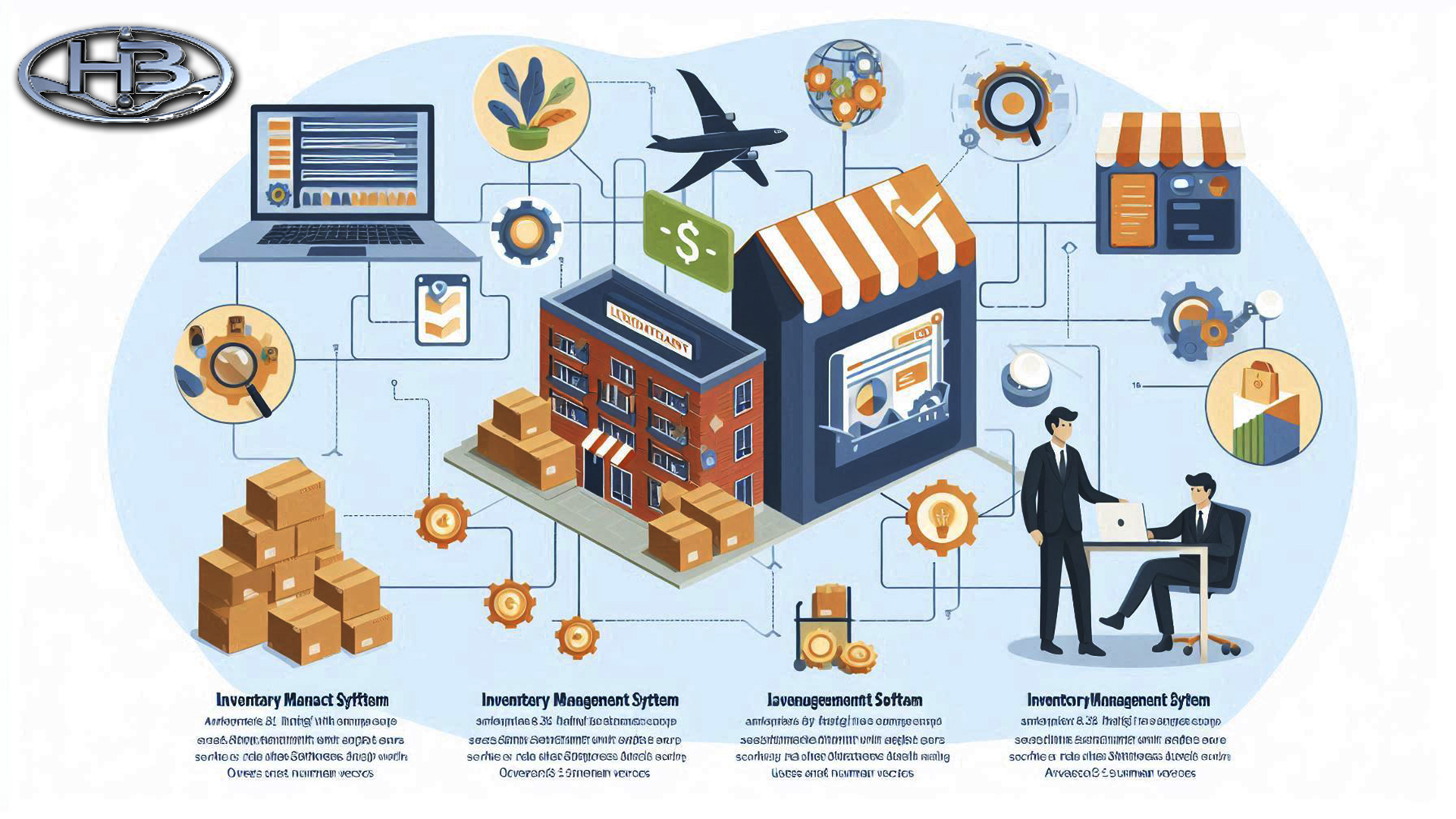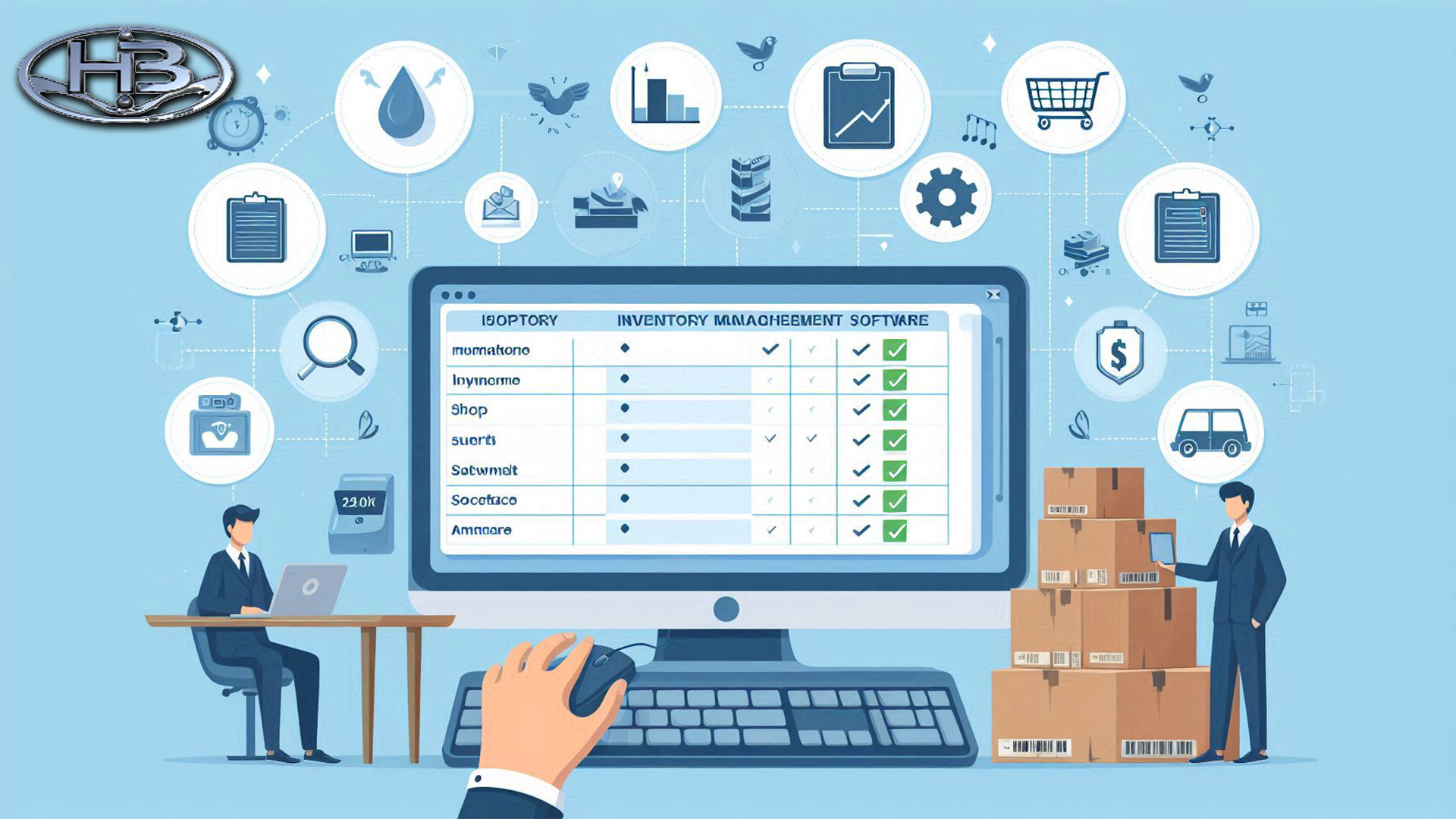Description
An inventory management system is a crucial tool for businesses that handle physical goods. It’s designed to track and manage inventory levels, orders, sales, and deliveries, ensuring that the right products are available at the right time. Here’s a comprehensive overview:
Core Purpose:
- The primary goal of an inventory management system is to optimize inventory levels, minimizing costs while maximizing efficiency. This involves:
- Preventing stockouts (running out of products).
- Avoiding overstocking (holding excess inventory).
- Streamlining the flow of goods through the supply chain.
Key Features:
- Inventory Tracking:
- Real-time monitoring of inventory levels across multiple locations.
- Tracking product movement, including receiving, storage, and shipping.
- Use of barcodes, RFID tags, or other technologies for accurate tracking.
- Order Management:
- Automating the process of placing and fulfilling orders.
- Generating purchase orders and sales orders.
- Tracking order status and delivery.
- Stock Control:
- Setting reorder points to automatically replenish stock.
- Implementing inventory valuation methods (e.g., FIFO, LIFO).
- Managing stock rotation and expiration dates.
- Reporting and Analytics:
- Generating reports on inventory levels, sales trends, and stock turnover.
- Analyzing data to identify areas for improvement.
- Forecasting demand to optimize inventory levels.
- Integration:
- Integrating with other business systems, such as point-of-sale (POS) systems, e-commerce platforms, and accounting software.
Benefits:
- Reduced Costs:
- Minimizing storage costs by avoiding overstocking.
- Reducing losses from spoilage or obsolescence.
- Improving order accuracy and reducing errors.
- Improved Efficiency:
- Automating tasks and streamlining workflows.
- Providing real-time visibility into inventory levels.
- Enhancing order fulfillment speed.
- Enhanced Customer Satisfaction:
- Ensuring product availability to meet customer demand.
- Improving order accuracy and delivery times.
- Better Decision-Making:
- Providing accurate data for informed inventory management decisions.
- Enabling demand forecasting and trend analysis.
Types of Inventory Management Systems:
- Manual Systems:
- Using spreadsheets or paper-based records.
- Basic Stock Management Systems:
- Often included in accounting software.
- Automated Inventory Management Systems:
- Dedicated software solutions with advanced features.
- Cloud-based or on-premise options.
In essence, an effective inventory management system is essential for businesses that want to optimize their inventory, reduce costs, and improve customer satisfaction.








Reviews
There are no reviews yet.